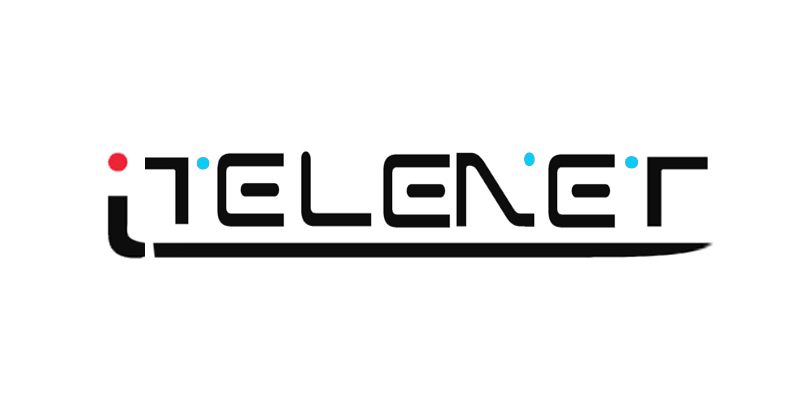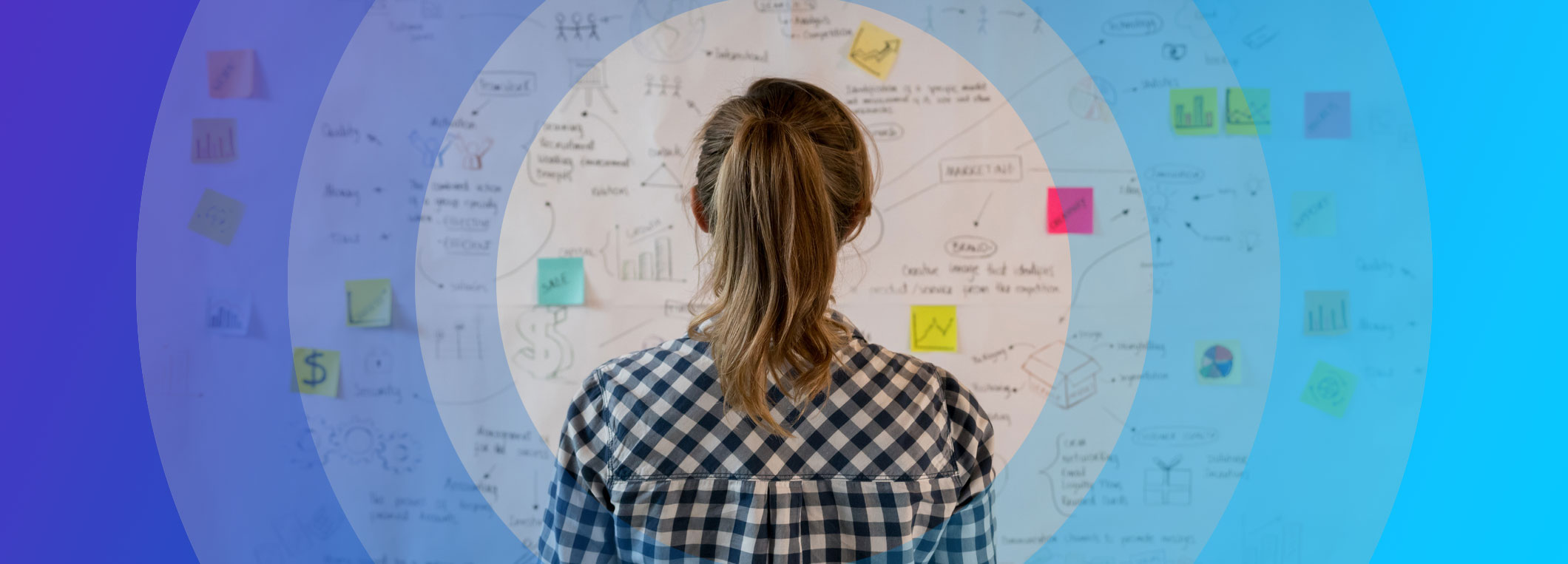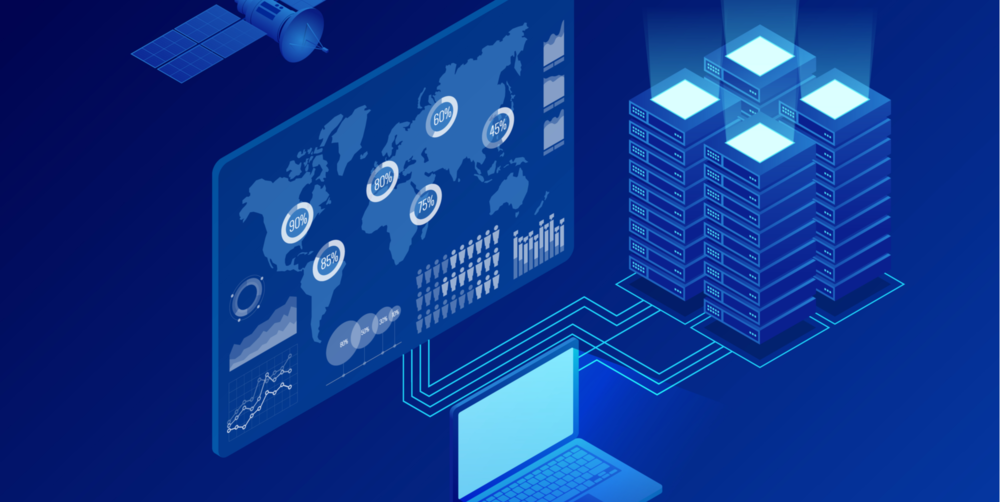For any modern business captivated on curating and upgrading the data architecture to augment their data core, data modernization is not only noteworthy but also important. To gain best worth, accelerate operations and diminish capital expenditure, companies need to create and manage a modern as well as a scalable data platform. Correspondingly, it is essential to identify and deploy frameworks of data solutions along with data governance as well as privacy methodologies. Data modernization is not without tests, as it needs generating a plan as well as dynamic methods to admission, assimilate, clean, store and prepare all the data.
Tips for successful data modernization
Data modernization is acute for any modern business to stay on the edge. With that said, let us find out how the company can get success in its efforts toward data modernization.
Revise current data management strategy and architecture
It is essential to have an in-depth understanding of any company’s business goals, data requirements as well as data analytics objectives when a company steps forward modernizing. Thereafter, a data management architecture can be designed to assimilate existing data management systems and tools while innovative methods and models can be leveraged to accomplish the company’s immediate goals and adapt to future needs.
A proper architecture will enable data modernization to be approached methodically and holistically, thereby eradicating data silos and compatibility subjects. It can also deliver consistent value and be flexible to integrate different competencies and augmentations.
Inventory and mapping of the data assets
If a company cannot identify where the data assets are and what is protecting them, it will be tough to know if the access providing is limited or extensively available on the internet. It is important for the organization to understand what data is being collected and what is sent out. This helps recognize the need and how a modern data management technology and can help streamline the company’s data and analytics operating model.
The best way to start a significant transformation is to streamline the problem statement. Hybrid cloud is an important part of any modern data management strategy.
Data democratization is an essential objective
Until a few years ago, the company had one chief reason to modernize its data management ecosystems. You can manage their rapidly growing data volumes. The most intervening reason is data democratization that is about getting the right data at the right time to the right people. It offers the companies with wide-ranging capabilities such as implementing self-service analytics, deploying large data science as well as data engineering teams, building the data exchanges as well as zones for collaboration with trading partners, and going after more data management activities.
Another important benefit of democratizing data is it helps all the different companies achieve data trust and affords them more freedom to concentrate on transformative business outcomes and business values. Robust governance is another focus area for the companies who can thus reduce data preparation time and offer data scientists and other business issues the time to focus on examination.
Technology investment
Incessant investment in master governance and data management technologies are one of the top ways to increase maximum control over organizational data. Assuming possession of data fundamentals and procedures with leadership support can usually be ignored in data management programs but they are a crucial enabler in managing intricate environments. It is essential for chief information officers to take stock of the legacy technologies present on-premises, the decision support system that is aging and will be out of contract in a few months and they contribute to data modernization projects being successful.
Data accountability
Forming data responsibility is an elementary yet crucial step in reimagining data governance. The companies go beyond process and policy and prioritize insights and quality measures which tend to be the most fruitful when it comes to data modernization.
In today’s rapidly changing world, almost everything is connected as well as digital. In this scenario, every bit of data about the customers, transactions, and internal processes are business assets that can be mined to enhance customer experience and enhance the product. Among the key issues, facing IT leaders is while digital points continue to enhance rapidly, many remain locked to massive legacy systems. A holistic look at solution development and delivery that leverages Agile, DevOps, Cloud, and more such approaches is required.






